Following a campus-wide accessibility study, renovations began on several campus buildings during the summer in an effort to improve accessibility. One of these renovations is an elevator installation in George Davis Hall.
Built in 1911, GDH is one of Knox’s oldest buildings and has seldom been touched since. The installation of the elevator provides hope for the improvement of accessibility on campus.
Director of Disability Support Services Stephanie Grimes said that with the growing number of students, especially those with disabilities, the elevator installation has come at a crucial time.
“It’s good timing that we’re doing this now. There are not only students but faculty that can make use of that,” Grimes said.
Current students and faculty with physical disabilities see this as a great improvement, as the lack of an elevator in the building has often hindered their experience.
“I remember my first class in GDH was supposed to be on the second or third floor, and they ended up moving it down just for me, which kind of feels awkward,” senior and wheelchair user Mike Martinez said.
Some professors’ offices in GDH are on the upper levels of the building, which can often make it inconvenient to meet with them. Martinez also said that the installation of an elevator will make a huge impact on other students with disabilities, making everything a lot easier for them to access.
Chair and Professor of Political Science Karen Kampwirth, who has been teaching at Knox since 1995, expressed similar experiences. Kampwirth’s office has been in GDH throughout her whole career. She now uses a walker and has not been to the upper levels of GDH since 2018.
“It will be nice to be able to go up there. Since 2018, all department activities or meetings have had to be scheduled in a room on the first floor for me,” Kampwirth said.
Kampwirth also said that Political Science professors often will sit in on each other’s classes, which sometimes she finds out she can’t do because their classrooms are on the upper levels.
Given the building’s long history on campus, it can be wondered why the installation is just happening now. Grimes attributes this to the change in leadership.
“Leadership prior to the current leadership thought it was very important to really focus perhaps on newer buildings, buildings that they could make that would be fully accessible instead of retrofitting older buildings,” Grimes said.
In terms of the elevator installation progress, Vice President of Administration and General Counsel Brad Nolden said that the preparatory work is complete, and the elevator shaft has been constructed. Construction has been temporarily halted for the fall term to allow classes to continue but will resume over winter break. The expected completion date is Jan. 3.
Despite the elevator installation and other renovations happening on campus to improve accessibility, many buildings and facilities are still not accessible for those with disabilities.
Martinez recounts that he’s been asking for an accessible door button on buildings such as Borzello Hall and that because of the lack of the button, he often has to wait for someone to let him in to enter the building.
This inaccessibility affects both students’ academic lives, but also their lives outside of their educational pursuits. Martinez has experienced this in regard to his involvement in MEChA, an organization on campus that meets at Casa Latina and is centered around promoting the culture and higher education of the Latinx community.
“I’ve lobbied for a ramp on Casa Latina, and they’ve argued with me so hard about it […] The one meeting I’ve been able to go to they all had to come outside and hang out with me,” Martinez said.
Kampwirth suggests that the biggest solution to this ongoing issue of inaccessibility would be to regularly consult with students, faculty, and staff who have mobility problems and ask them.
“I think that would be the number one, to make that a public policy. To instead of assuming that this will be helpful to other people, ask those other people,”Kampwirth said.
As for actual remedies for this problem, Grimes suggested that there has previously been a conversation about hiring an ADA coordinator, who would focus on the physical layout of the campus and perhaps provide services such as a sign language interpreter for students who are hard of hearing. This is something that Grimes wants leadership to consider more heavily.
Additionally, Nolden said aside from the bigger renovations, his team will be undertaking some smaller projects identified in the accessibility study over this academic year.

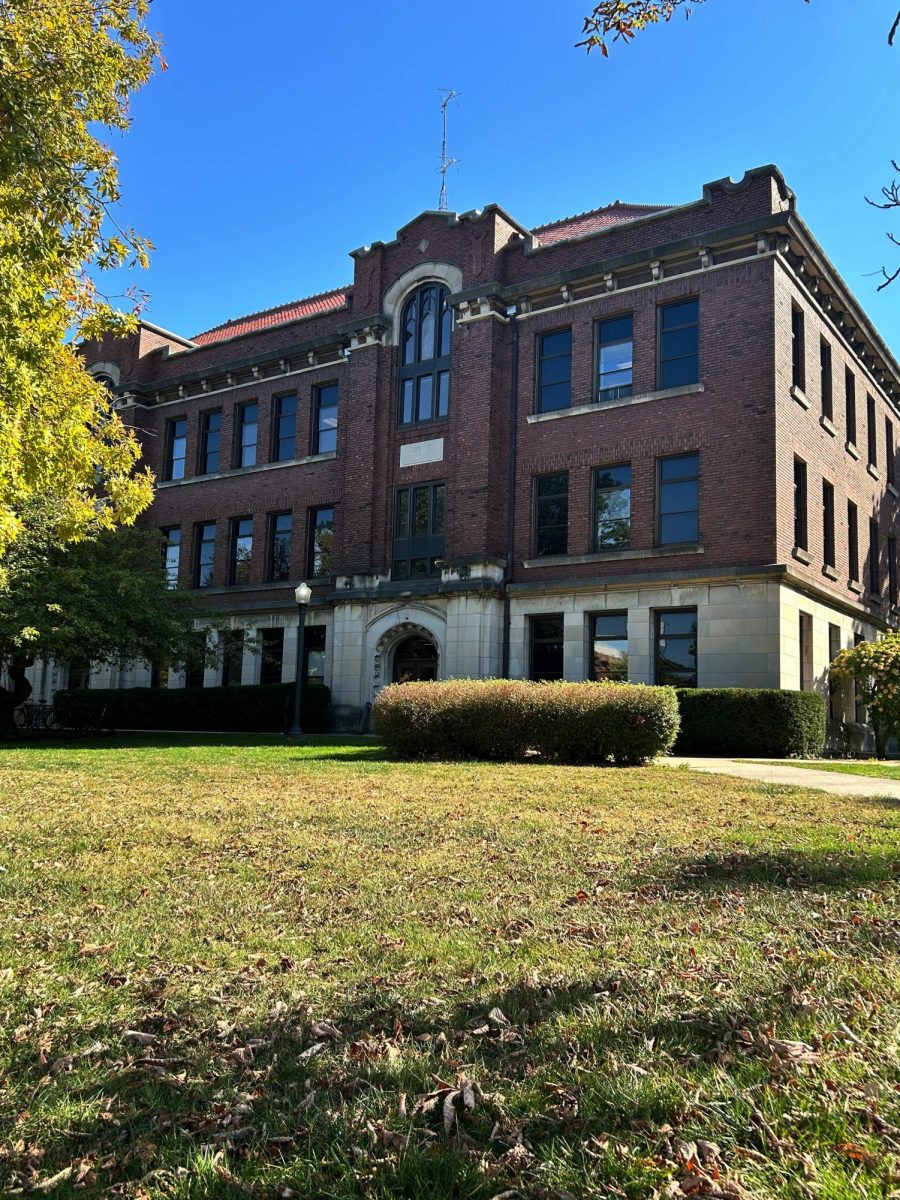
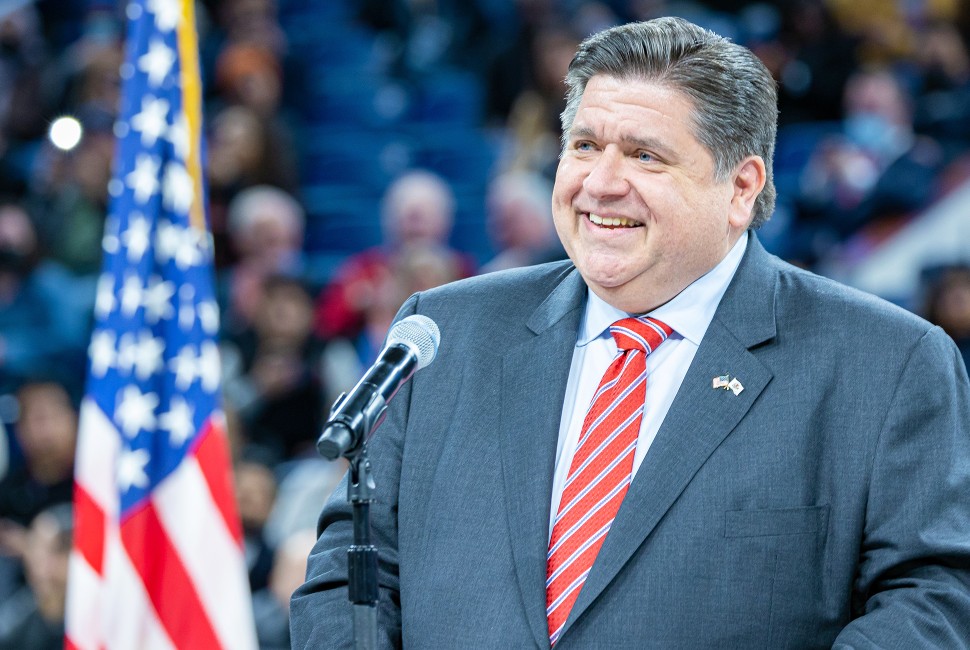
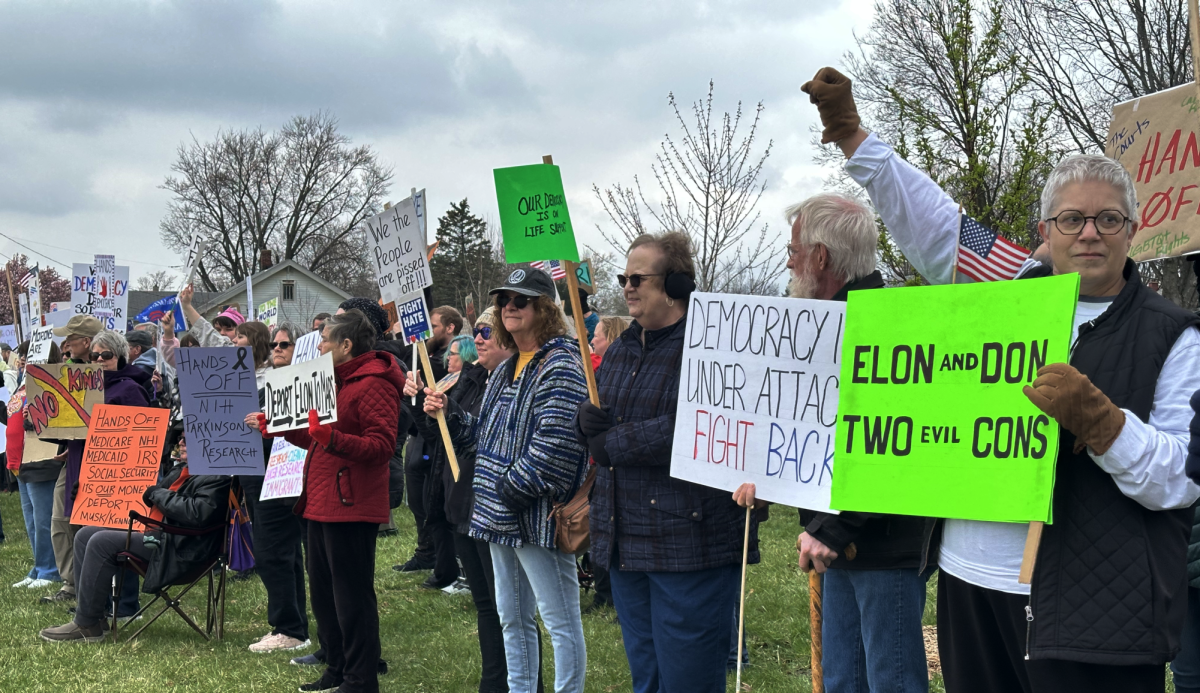
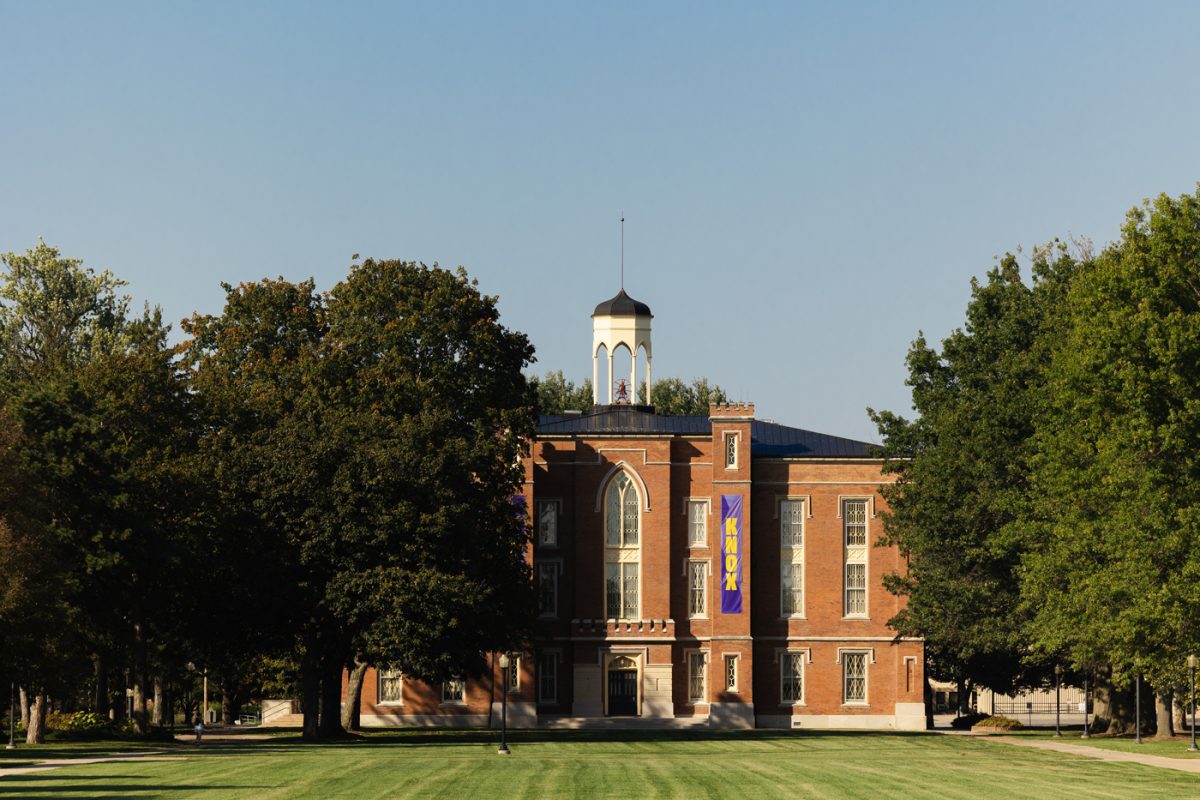
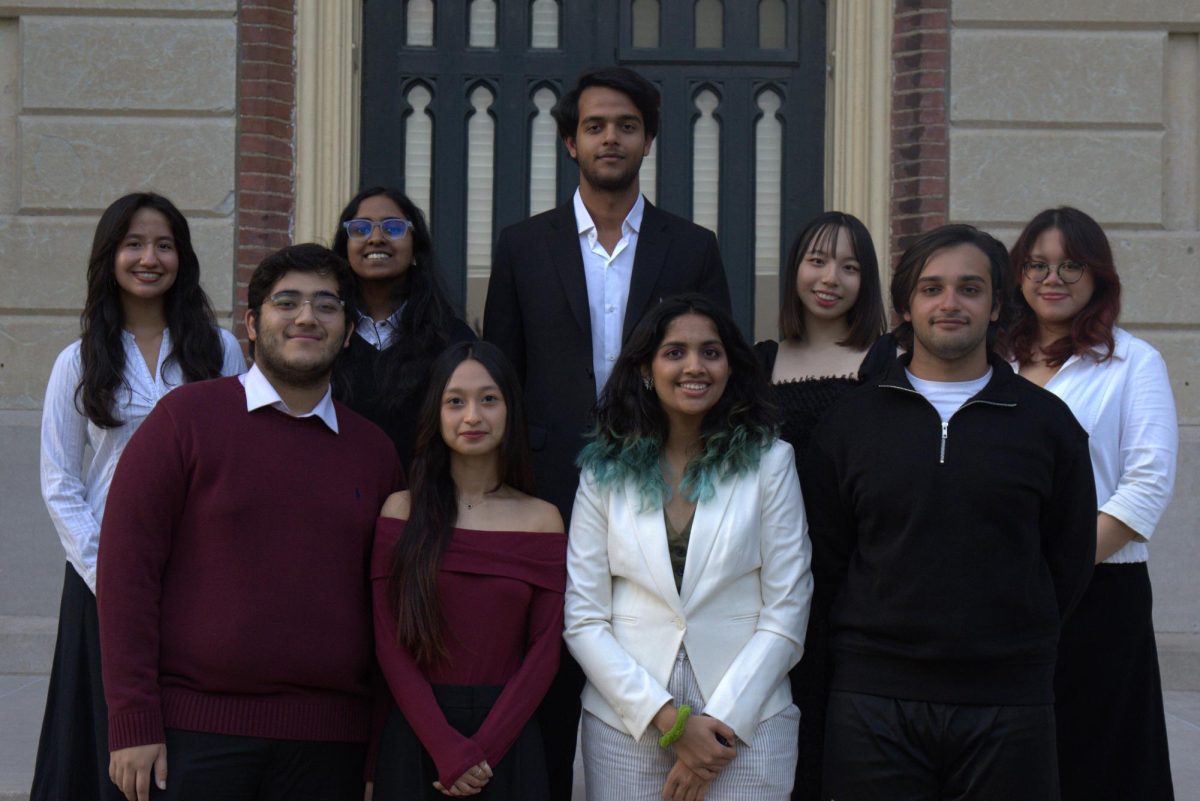
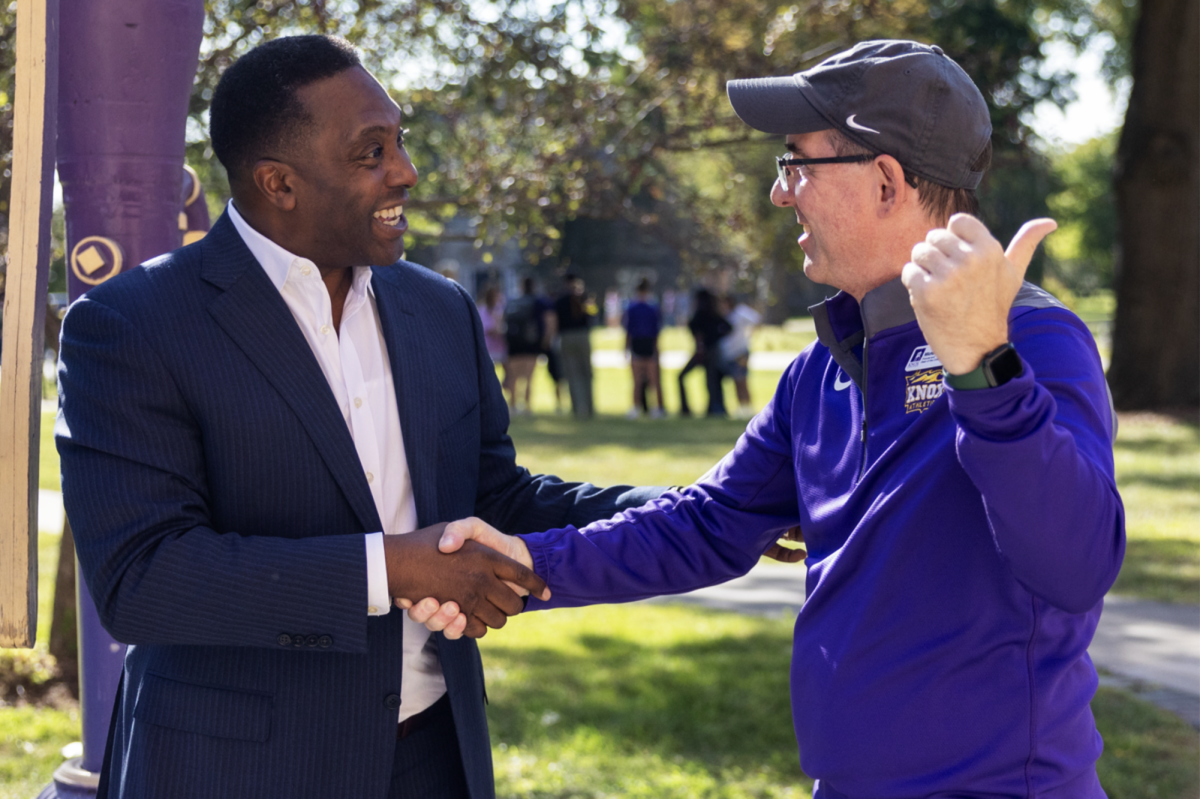
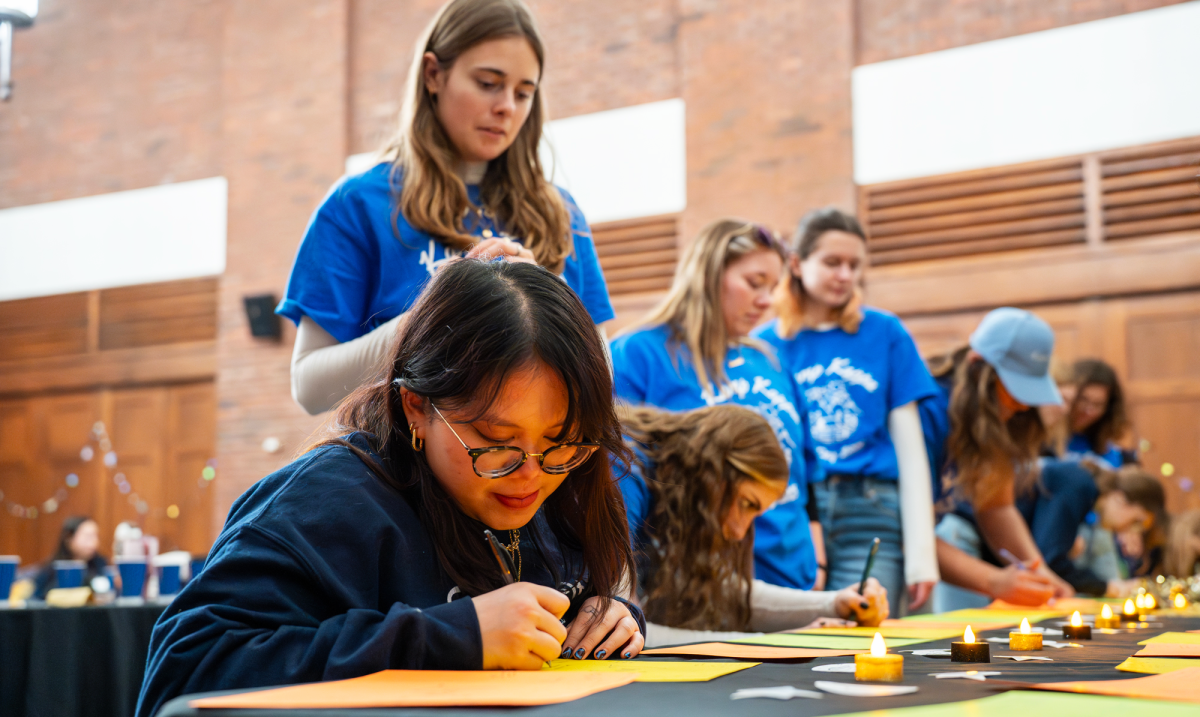
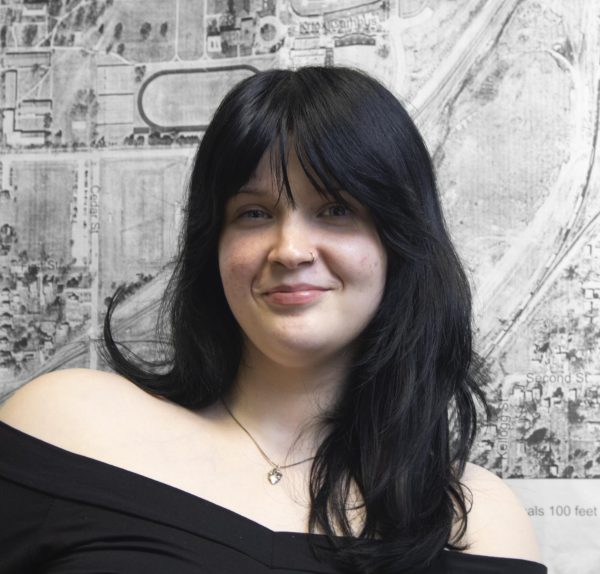
Eleanor Lindenmayer • Oct 5, 2024 at 3:01 pm
First story!! Exciting. Really strong lead.